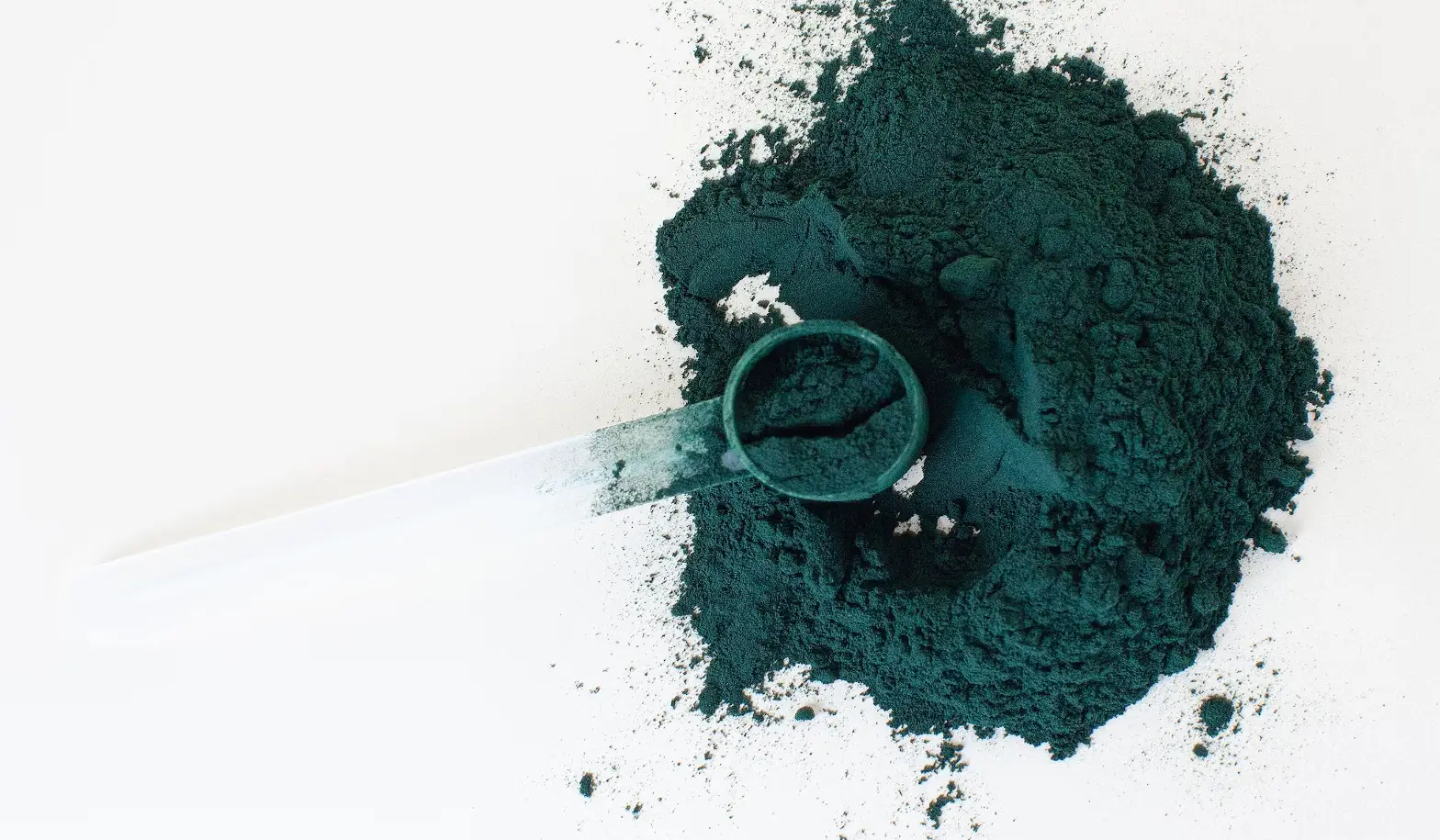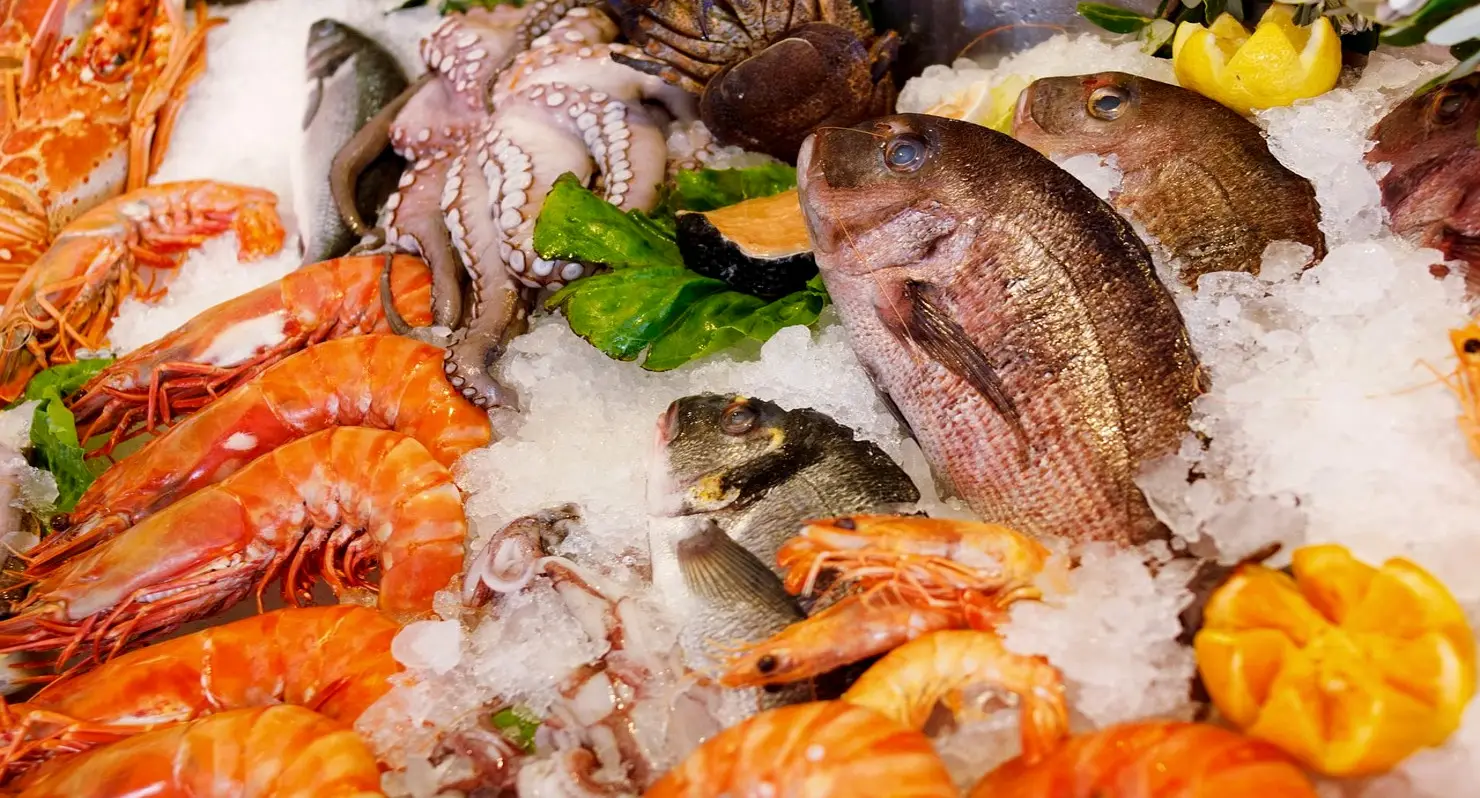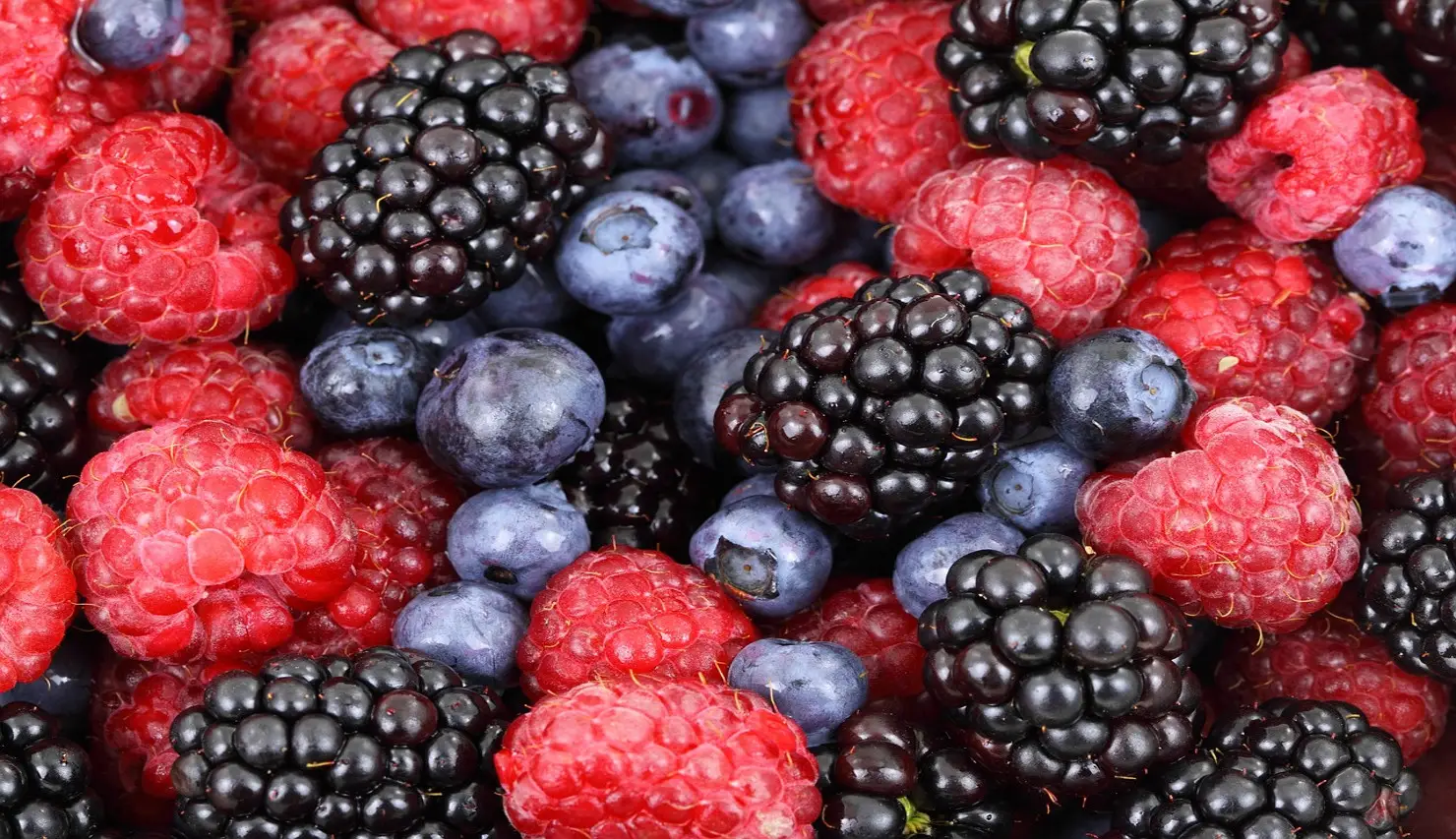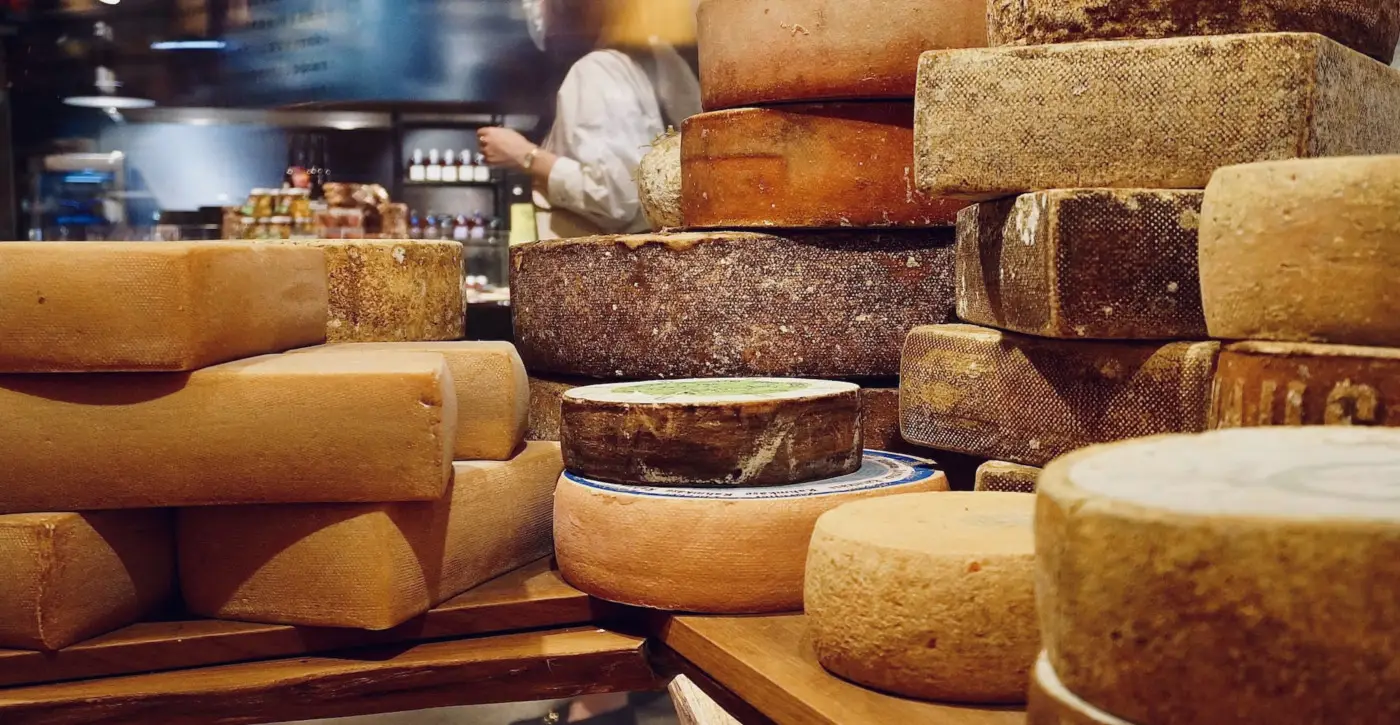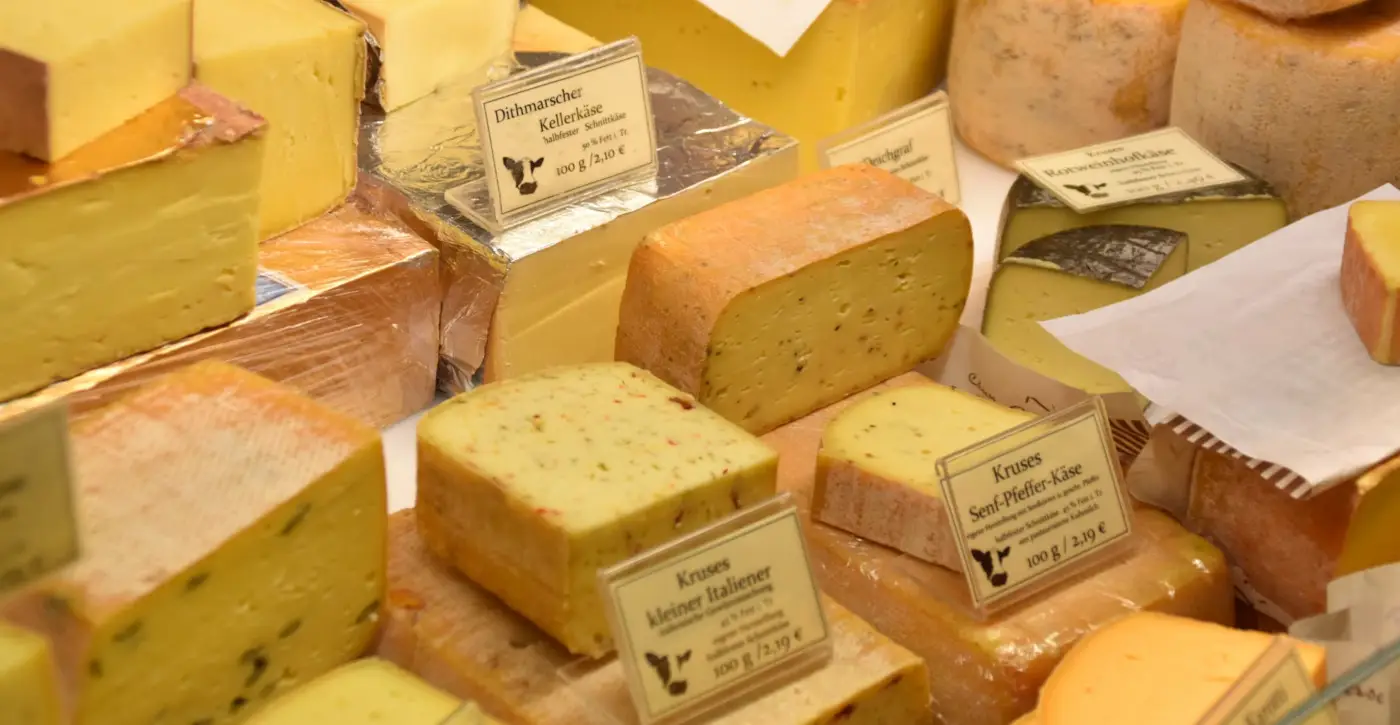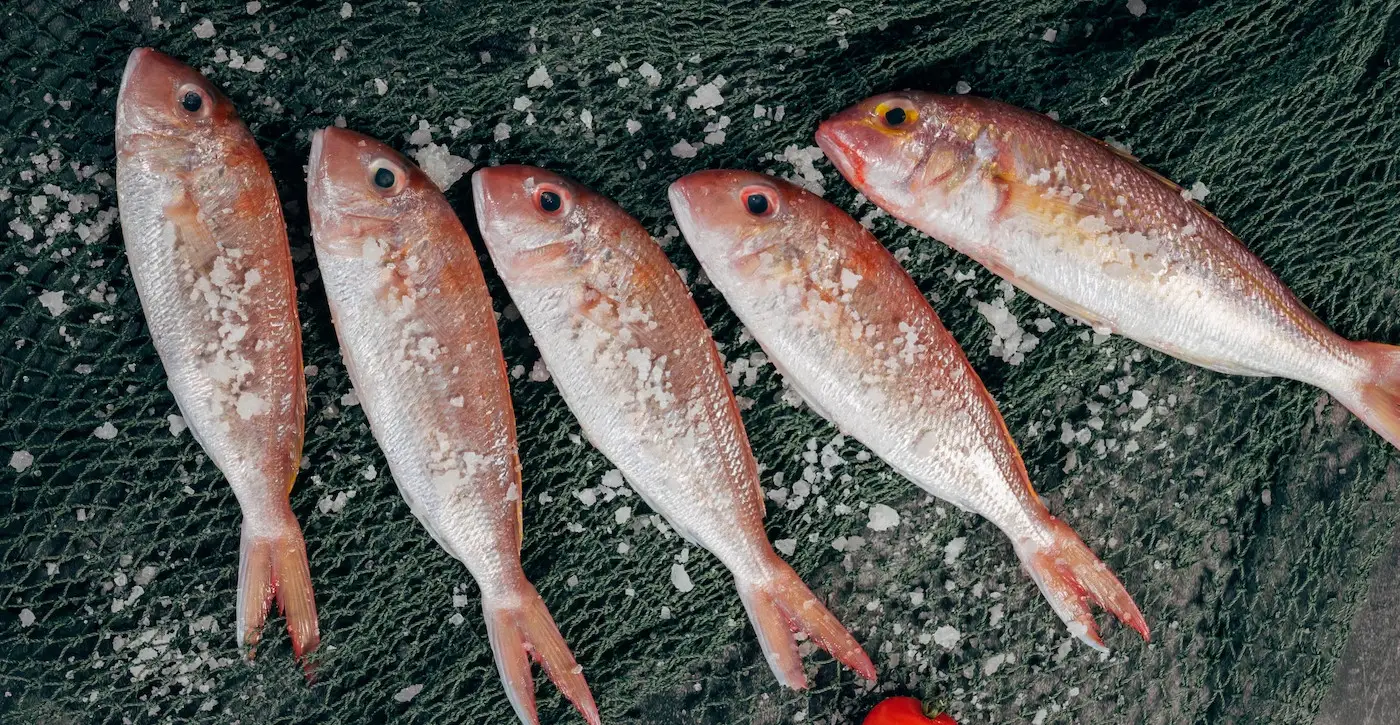Kelp Lysine and Arginine Info Sheet
Overview
Kelp is a type of large brown seaweed that grows in cold ocean waters.It is often harvested for its edible parts, such as the leaves, stems, and roots.
Kelp is a nutrient-dense food that contains iodine, calcium, magnesium, iron, and antioxidants.
It can help regulate thyroid function, support bone health, and prevent oxidative stress.
Kelp can be eaten raw, cooked, or dried as a snack or a seasoning.
| Name | Lysine (mg/100g) | Arginine (mg/100g) | Ratio |
|---|---|---|---|
| Kelp | 82mg | 65mg | 1.262 |
Kelp contains 82mg of Lysine and 65mg of Arginine per 100g of product.
This means Kelp has a high Lysine-Arginine ratio of 1.262.
Because Kelp contains slightly more lysine than arginine, increasing its consumption may benefit people who suffer from herpes, as it may boost the immune system.
Lysine Considerations
Kelp is a moderate source of lysine, as it provides about 7.4% of the RDI per 100g.
Lysine is an essential amino acid that plays a role in protein synthesis, collagen formation, and immune function.
It is one of the nine amino acids that the body cannot make by itself, so it has to come from the food we eat.
Lysine has different functions in the body, such as helping with growth, healing, energy, immunity, and collagen production.
Lysine may also have some effects on the herpes virus, which causes cold sores and genital sores.
Studies have suggested that taking lysine supplements or applying lysine cream may help prevent or treat these infections by blocking the amino acid arginine, which the virus needs to grow.
Arginine Considerations
Kelp is also a moderate source of arginine, another amino acid that is involved in protein synthesis, wound healing, and nitric oxide production.
Arginine can help lower blood pressure, improve blood flow, and support erectile function.
Kelp provides about 5.4% of the RDI for arginine per 100g.
Arginine can benefit your overall health and performance, such as lowering your blood pressure, healing your wounds, and boosting your exercise endurance.
Arginine can be made by your body or obtained from foods like meat, dairy, nuts, and soy.
Unfortunately, the herpes virus is known to "feed" on arginine, and having a diet higher in arginine than lysine may increase the occurrence and severity of cold sores and herpes outbreaks.
Lysine-Arginine Ratio
Kelp has a slightly higher lysine-arginine ratio than 1, which means it has more lysine than arginine.
This may be beneficial for people who suffer from herpes simplex virus (HSV) infections, as lysine can inhibit the replication of the virus, while arginine can stimulate it.
However, the difference in lysine and arginine levels in kelp is not very large, so it may not have a significant impact on HSV.
Lysine and arginine are both amino acids that are involved in protein synthesis and other metabolic processes.
That said, they have opposite effects on the herpes simplex virus, which causes cold sores and genital herpes.
Lysine can slow down the replication of the virus, while arginine can stimulate it.
Because of this, eating foods that have a high lysine-arginine ratio may help reduce the frequency and severity of herpes symptoms.
Some examples of foods that have a high lysine-arginine ratio are milk, cheese and yogurt, fish, poultry, fruits, and vegetables.
These foods can provide the body with enough lysine to block the availability of arginine by the virus, and thus prevent its growth and spread.
Dietary Considerations
Algae are aquatic organisms that can perform photosynthesis, such as seaweed, kelp, and spirulina.
Algae are rich in protein, minerals, and antioxidants. Some algae have more lysine than arginine, such as spirulina, chlorella, and nori.
These algae can help prevent or treat herpes outbreaks, as lysine can block the activity of arginine.
Other algae have more arginine than lysine, such as kelp, wakame, and dulse.
These algae can trigger or worsen herpes outbreaks, as arginine can stimulate the herpes virus.
Algae should be balanced with other lysine-rich foods, such as dairy, fish, or poultry.
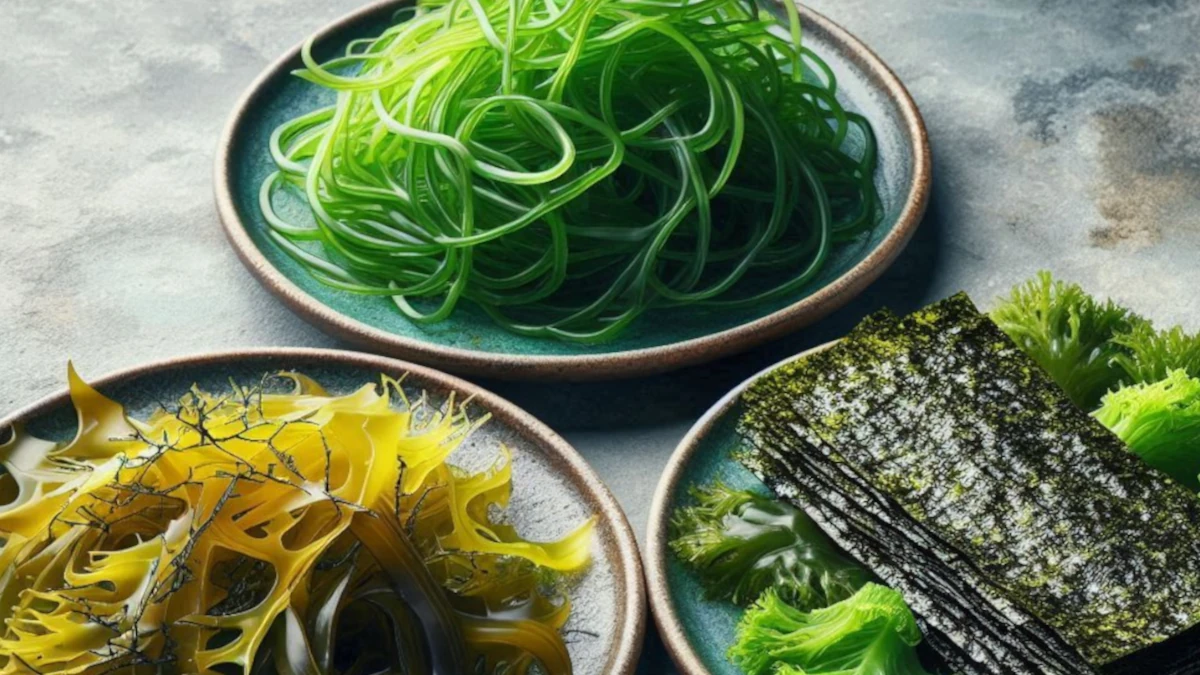
For example:
Eating a balanced and nutritious diet that supports your immune system and reduces inflammation.
This means consuming plenty of fruits, vegetables, whole grains, lean protein, and healthy fats, and avoiding processed foods, added sugars, alcohol, and caffeine.
Avoid alcoholic beverages and caffeine which can overstimulate your body, leave you dehydrated, and compromise your immune system.L-lysine supplementscan help you prevent herpes outbreaks and stop a cold sore before it develops by depriving the virus of arginine, which it needs to form a cold sore.
Taking other food supplements that can improve your immunity and protect your cells from oxidative stress, such as vitamin C, zinc, selenium, and antioxidants.
Pain, swelling, and itching can be reduced by eating foods that have anti-inflammatory, antiviral, and antibacterial properties, such as honey, yogurt, aloe vera, and chamomile.
These foods can also help you heal faster by promoting tissue repair.
Check more food information
